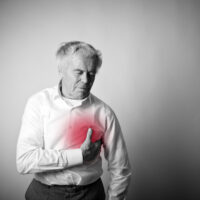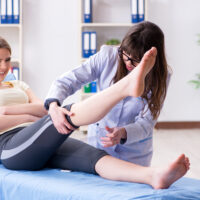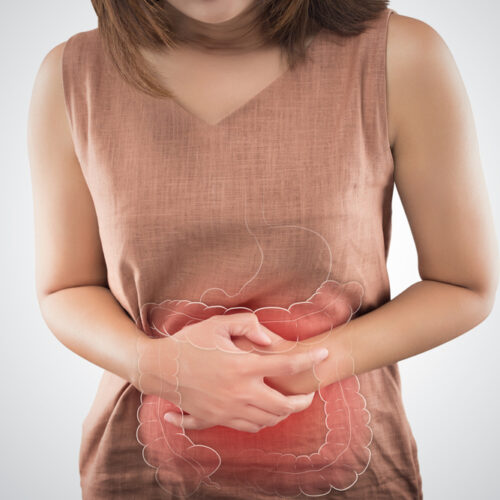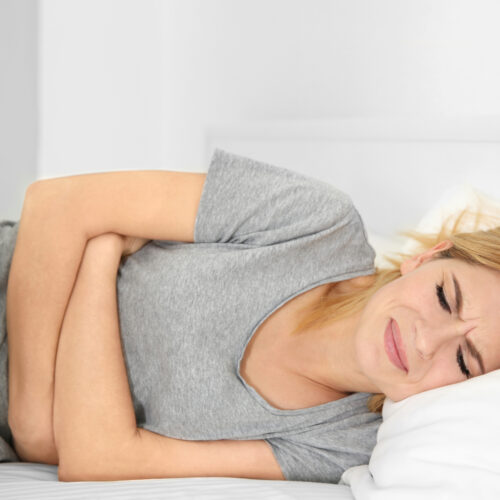5 useful home remedies to get relief from cold sores
Cold sores or fever blisters are caused by the herpes simplex virus (HSV-1). As per studies carried out by the World Health Organization (WHO), it affects almost 65% adults over the age of 50.
Cold sores, which are often mistaken for canker sores, appear on the upper part of the body or in the areas surrounding the lips and mouth.

However, it can appear in any part of the body.
There is no foolproof cure for cold sores, but there are various cold sore treatments to help reduce the intensity, length, and frequency of a breakout. The top five home remedies that you can use for cold sore treatments are:
- Ice packs: Though ice may not reduce the duration of the breakout, it will surely ease the discomfort and reduce the inflammation. It is one of the easiest and most accessible methods of cold sore treatments , which will give you instant relief from pain and itching.
- Aloe vera: Whether you use the gel form or apply it directly from the plant, aloe vera is one of the most effective and soothing cold sore treatments . Applying aloe vera will soothe the skin and its anti-inflammatory properties will help reduce the breakout.
- Lemon balm: The anti-inflammatory properties of lemon balm are well known as it helps in reducing redness and swelling of the blisters. It also has soothing properties that give you comfort from the itchiness and pain of cold sores.
- Lemon tea: Drinking lemon tea at frequent intervals cleanses the body internally and reduces breakout and the frequency of cold sores. Lemon tea and green tea have powerful antioxidants and Vitamin C, which help in boosting the immunity of your body.
- Vitamin E: Vitamin E found in green leafy vegetables, nuts, whole grains etc. help in repairing damaged skin cells and should be included in your diet so that it can heal the skin, which has been infected by cold sores.
- Reduce stress: Hormones can flare the occurrence of cold sores. So reducing your stress level can surely control its breakout.
Disclaimer:
The content of the articles discussing symptoms, treatments, health conditions, and side effects is solely intended for informational purposes. It is imperative that readers do not interpret the information provided on the website as professional advice. Readers are requested to use their discretion and refrain from treating the suggestions or opinions provided by the writers and editors as medical advice. It is important to seek the help of licensed and expert healthcare professionals when necessary.











